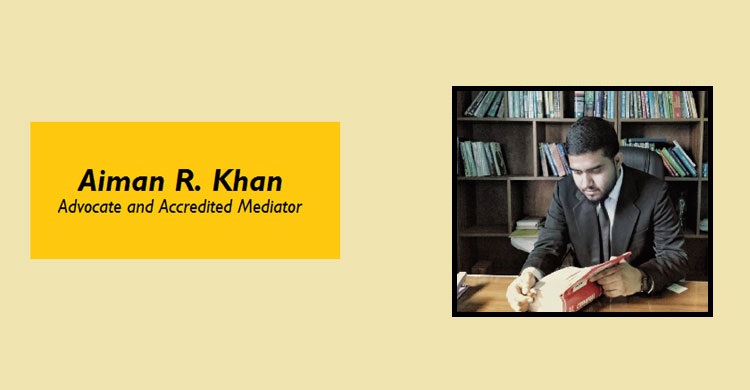Bangladeshi Law on Wills: A comparative study

Aiman R. Khan:
A will is a document that consists of the legal declaration of how a person wishes his property to be used after his death. Unlike a Trust which takes effect right after it is created, a Will becomes enforceable only upon the death of its creator. The maker of the will is called a ‘Testator’, while the one appointed to carry it out is called ‘Executor’. A ‘legatee’ is the one who receives the will property.
In Bangladesh, the law relating to wills is a combination of legislative and religious guidelines. Generally wills in Bangladesh are regulated by the Succession Act 1925. But due to the leniency of requirements and preference of majority, the Muslim Personal Laws on this issue are more prevalent in this country. Executing a will or (Wassiyyah) is one of the four obligatory duties performed for the deceased in Islam.
A Muslim is allowed to bequeath only 1/3 of his property by writing a will. The intention of the testator must be clear that the wasiyyah is to be executed after his death.
According to section 2(h) of the Succession Act 1925 a will means “the legal declaration of the intention of a testator with respect to his property which he desires to be carried into effect after his death.” According to the Sahih Al-Bukhari, ” It is the duty of a Muslim who has anything to bequest not to let two nights pass without writing a will about it.”
According to section 59 of the Act, Every person of sound mind not being a minor may dispose of his property by will. Under section 3 of the Majority Act 1875 in Bangladesh, a person attains adulthood at the age of eighteen. Therefore, under the Succession Act, anyone above eighteen is eligible to make a will. But under Islamic rulings, an adult who has reached the age of fifteen is also eligible to make a will.
Section 63 of the Succession Act states that a will must be in writing, signed by the testator and attested by at least two witnesses. But under Muslim personal Laws, A will may be in the form of oral or written and if the will is in writing need not be signed if signed need not be attested. But like the above section, the requirement of two witness is same in Muslim laws.
A probate is obtained to authenticate the validity of the will and it is the only proper evidence of the executor’s appointment. Under section 227 of the 1925 Act, the court granting the probate of a will will establish it and make all the acts of executor valid. The receiver needs to file a probate suit before the District Judge Court to make the will effective. However under Islamic provisions, there is no such requirements.
Both the 1925 Act and Muslim personal law states that revocation of a will is only possible if the testator makes a subsequent will.
Both set of rules regarding wills work together in executing them legally. There are many similarities and dissimilarities between the two. Both the law exists in harmony and is in practice albeit limitations yet to be noticed.
The Writer is an Advocate at Dhaka Judge Court

